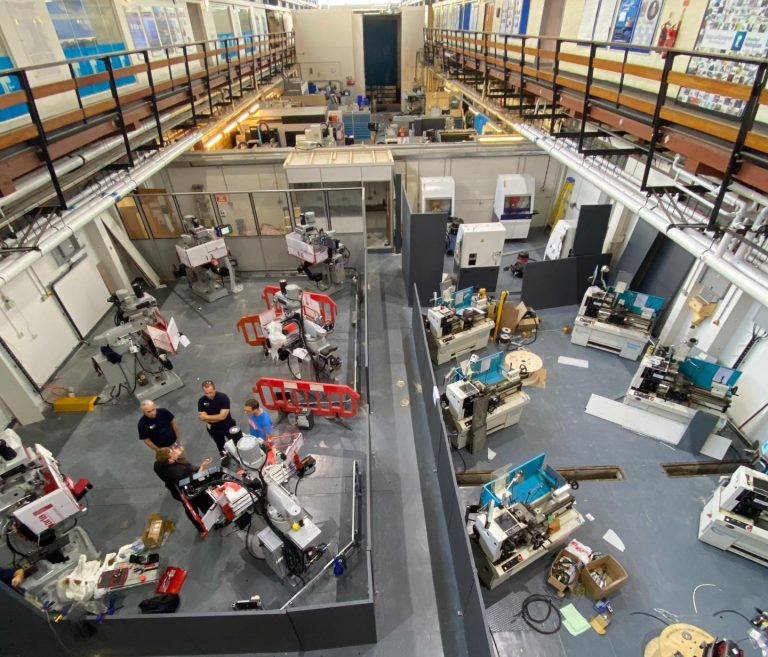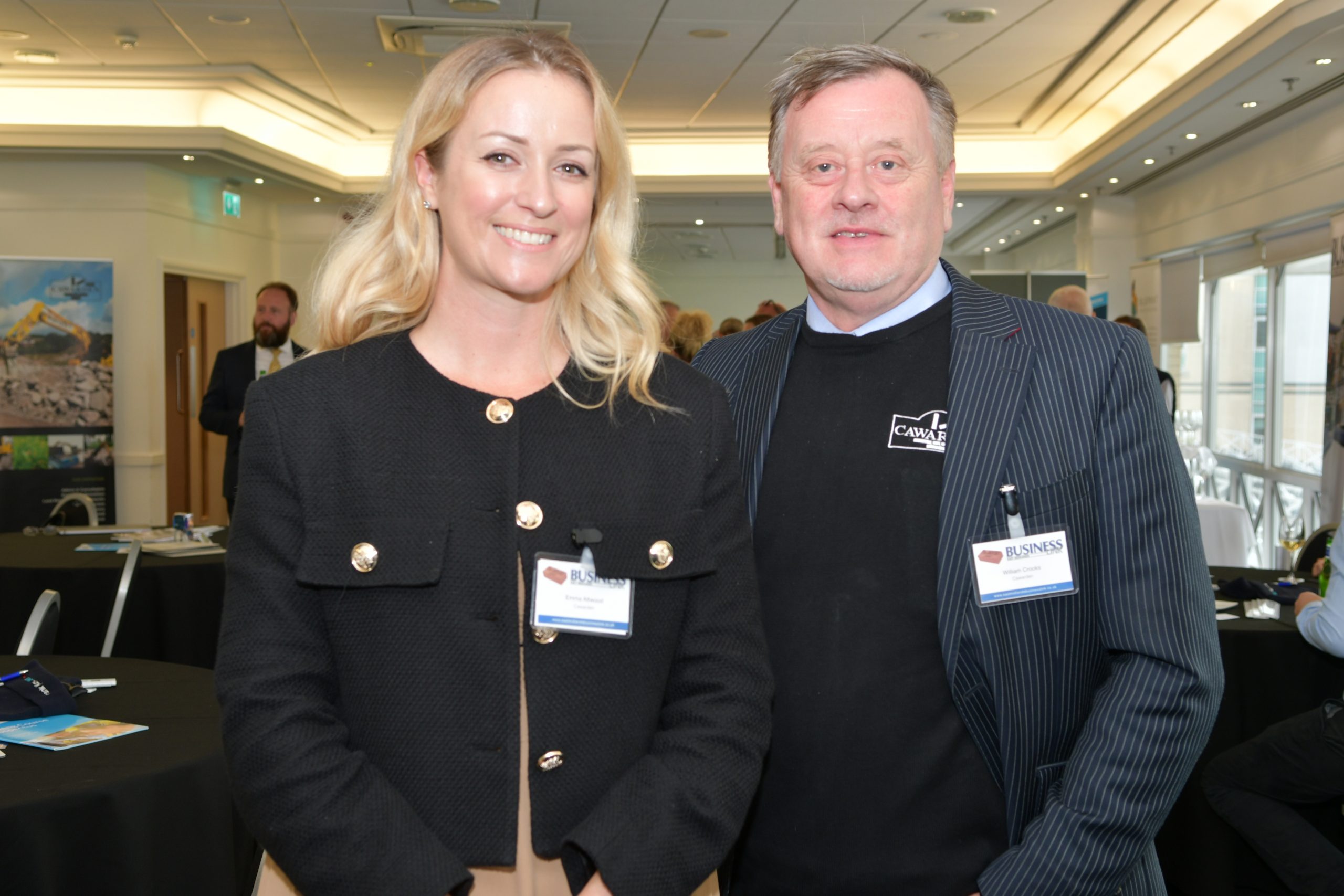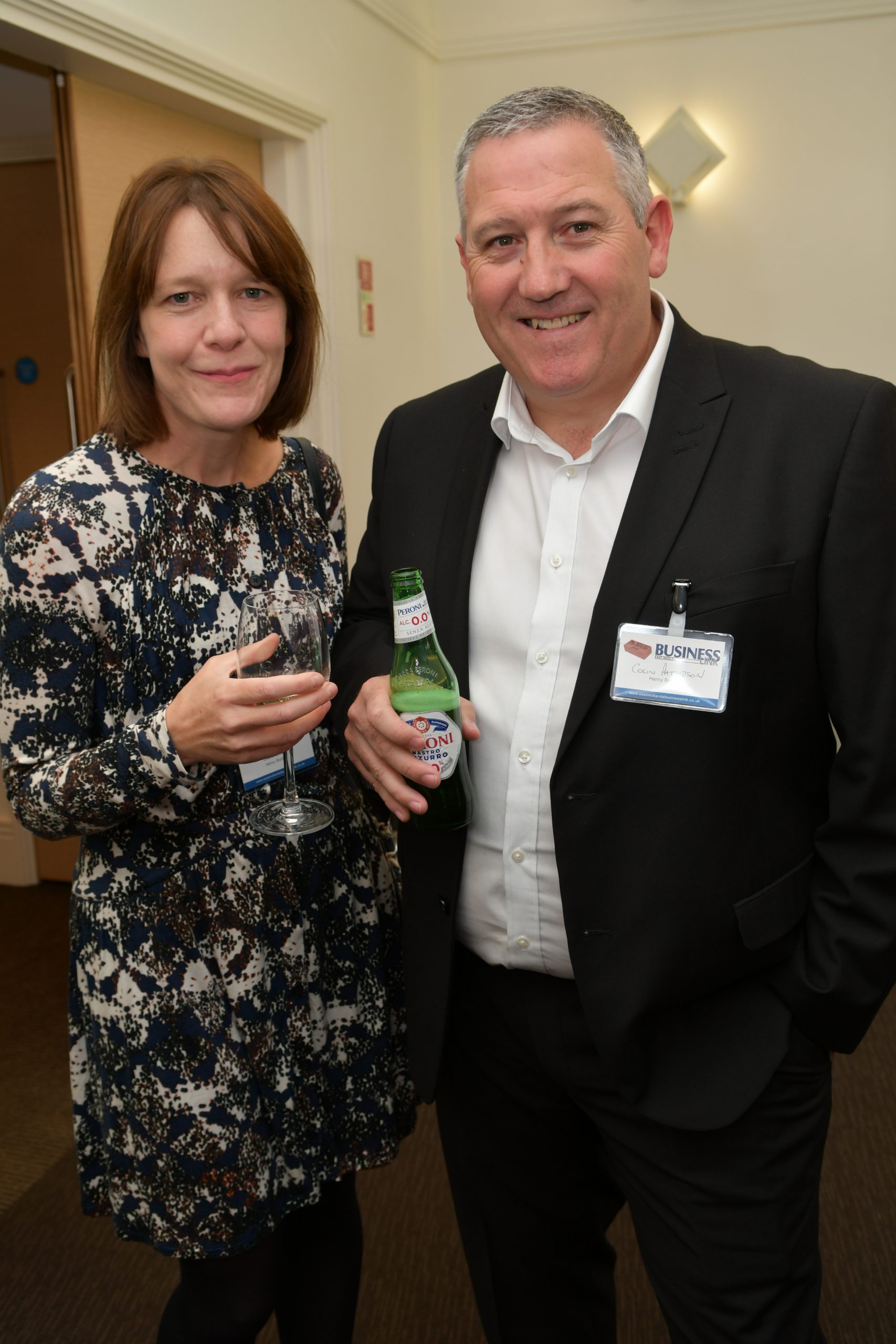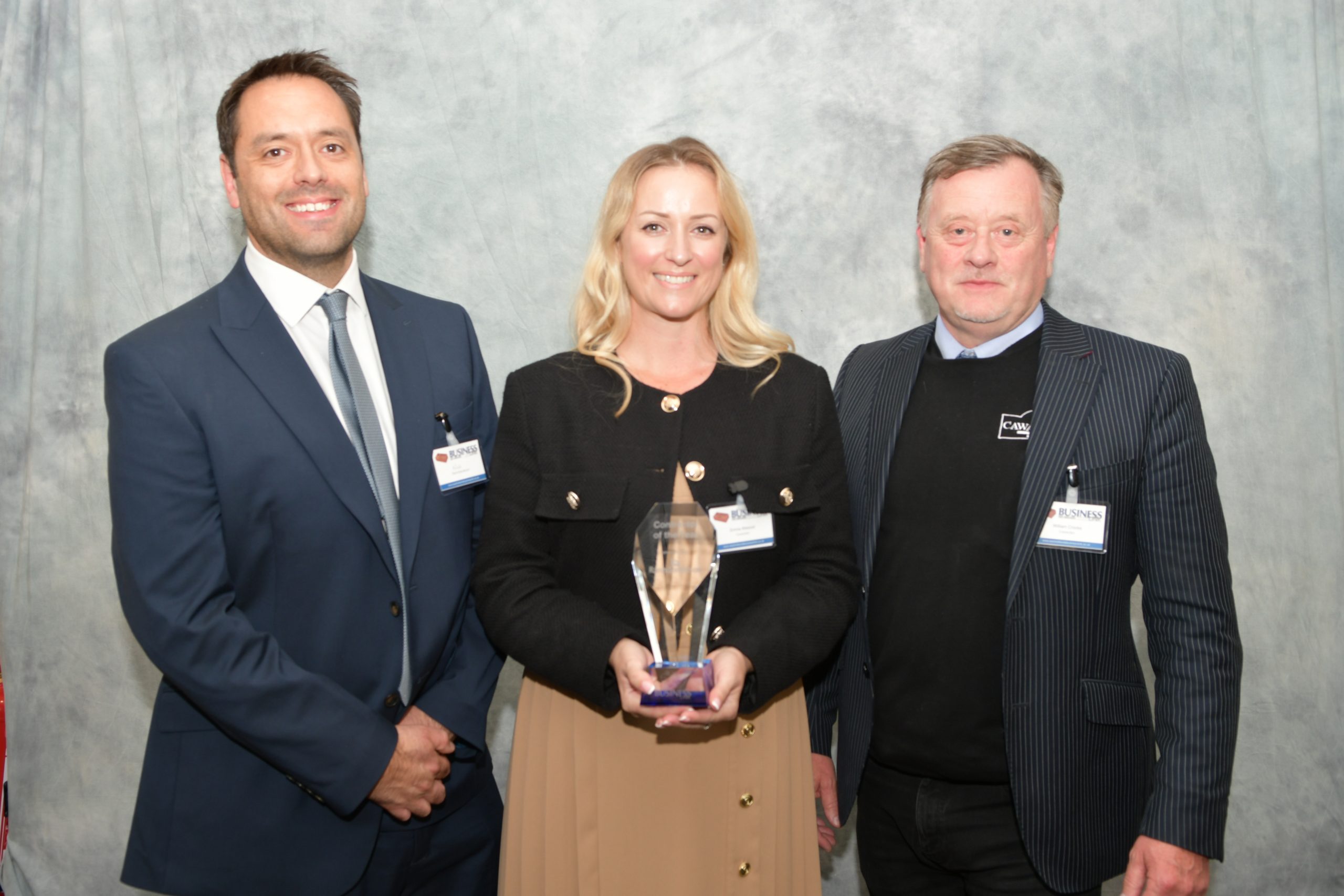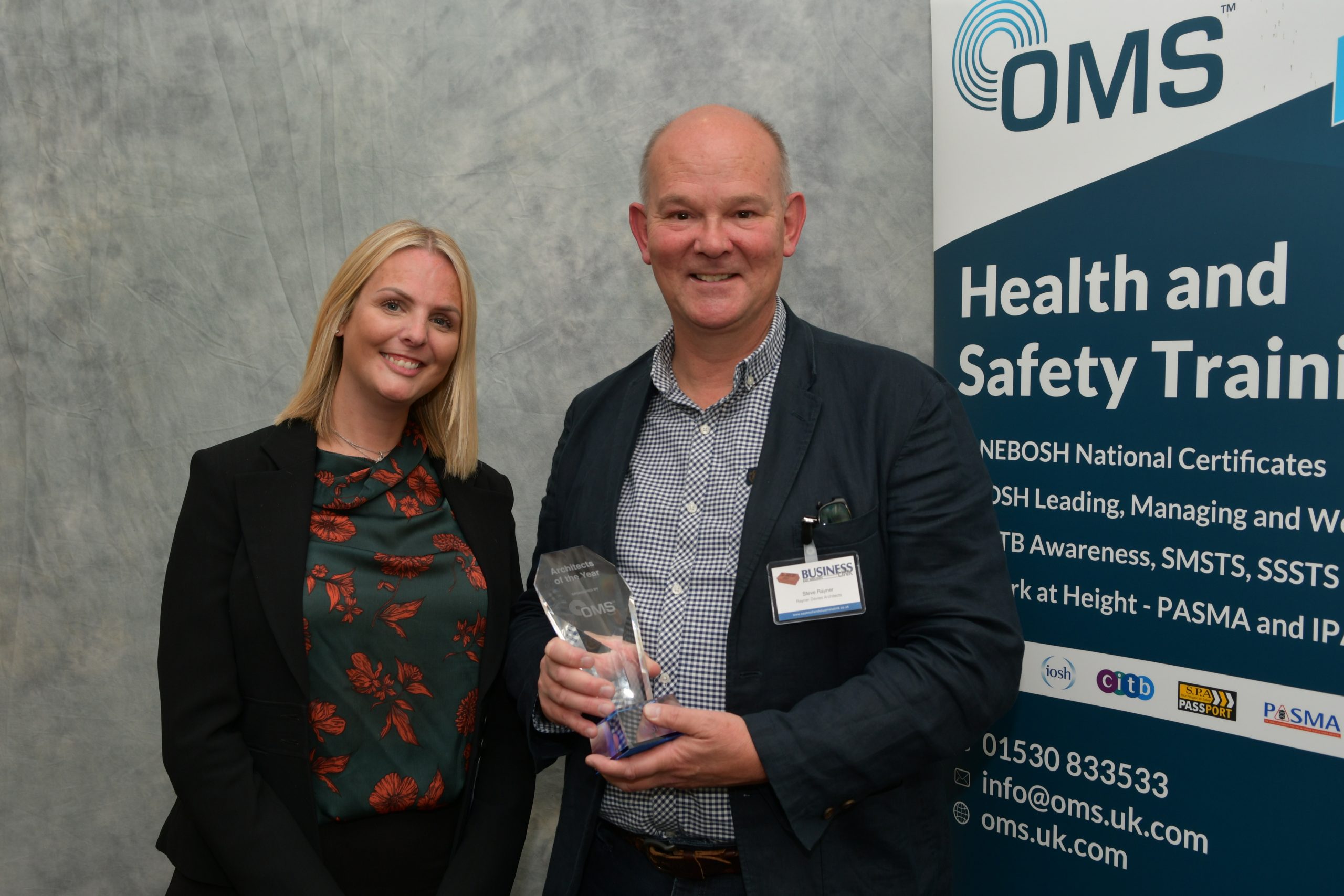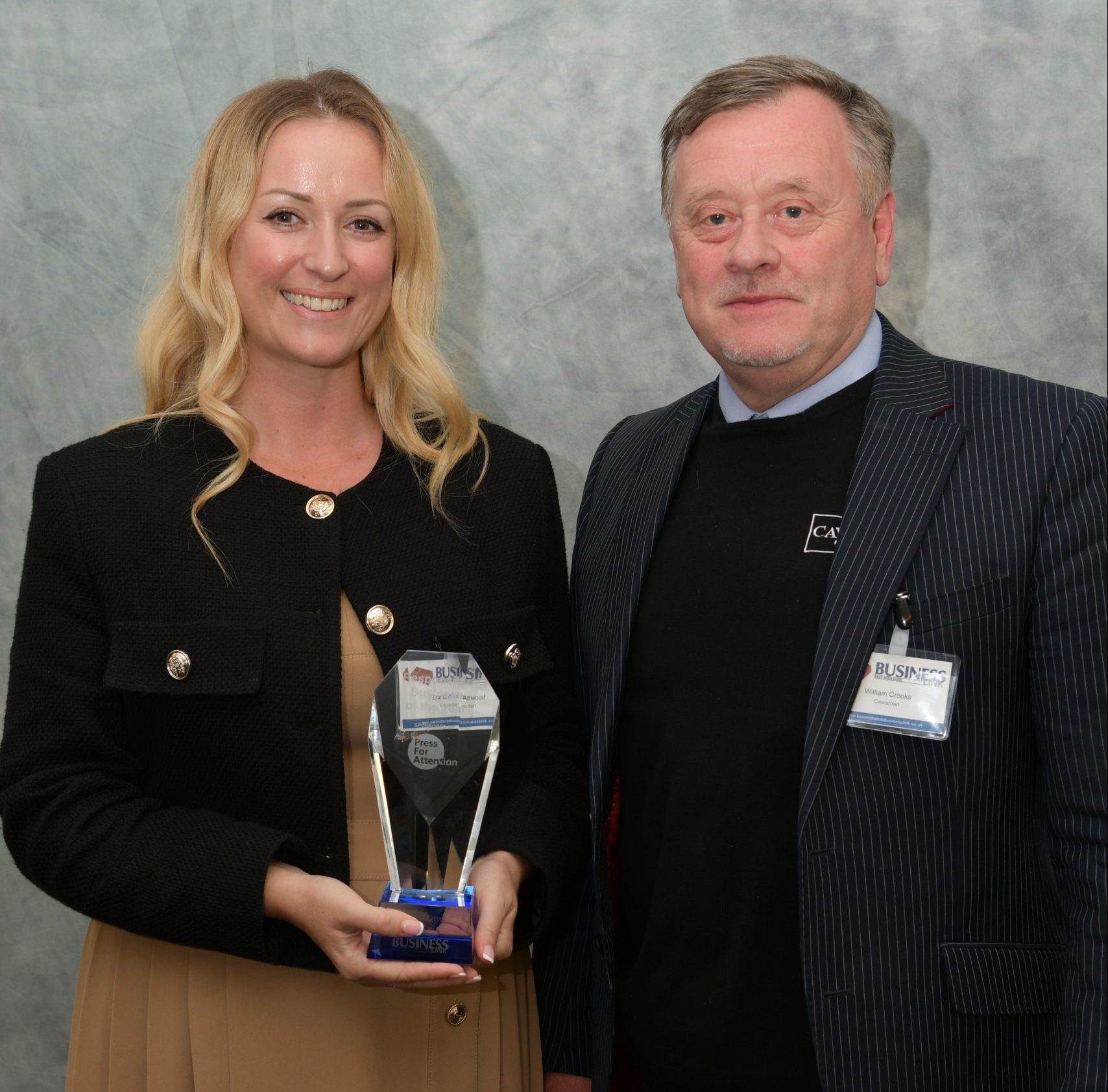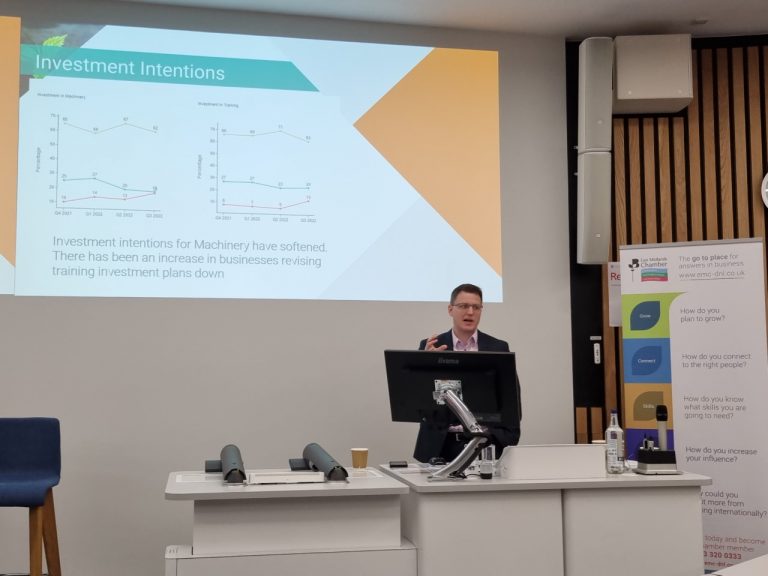New appointment strengthens team at Mineral Products Qualifications Council
Work starts on site to provide 148 new homes in Wellingborough
Vibrant Accountancy boost numbers with appointment of new head of operations and management accounts
University of Nottingham invests half a million pounds in major refurbishment of workshop spaces
Leicestershire pharmaceutical services consultancy merges with global group
Watch the East Midlands Bricks Awards 2022 as the event unfolded

Most Active Agent – sponsored by Blueprint Interiors
Winner
Mather Jamie
Runners up
OMEETO
BB&J Commercial

Commercial Development of the Year – sponsored by Frank Key
Winner
Broad Marsh Bus Station and Car Park – Galliford Try Construction
Runners up
Etiquette Park – Clowes Developments
Nottinghamshire Police and Nottinghamshire Fire & Rescue Service joint HQ – Henry Brothers
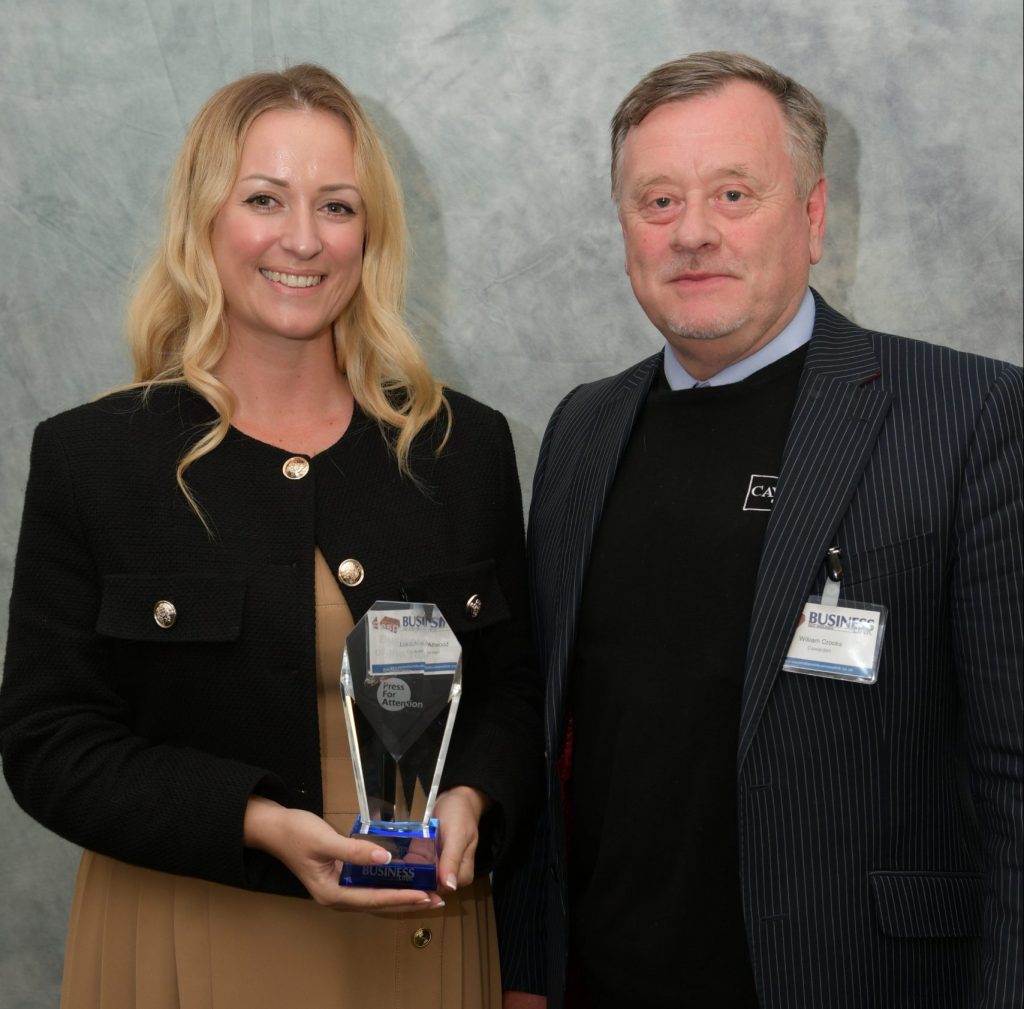
Responsible Business of the Year – sponsored by Press for Attention PR
Winner
Cawarden
Runners up
Arc Partnership
Phoenix Brickwork

Residential Development of the Year – sponsored by Sterling Commercial Finance
Winner
Glenvale Park – Glenvale Park LLP
Runners up
The Rise, Southwell – Stagfield Group
Hindle House – KMRE Group

Deal of the Year – sponsored by Blythin & Brown Insurance Brokers
Winner
Wells McFarlane, APB and Newton LDP – sale of 460 acres of land in North Leicestershire, making way for a new garden village
Runners up
St James Securities – Phase Two of the Becketwell regeneration scheme in Derby – 3,500 capacity Becketwell performance venue with ASM Global
Morgan Industrial Properties Limited – acquisition of the former Ewart Chain site in Shaftesbury Street, Derby

Developer of the Year – sponsored by Ward
Winner
HBD
Runners up
Hockley Developments
St James Securities
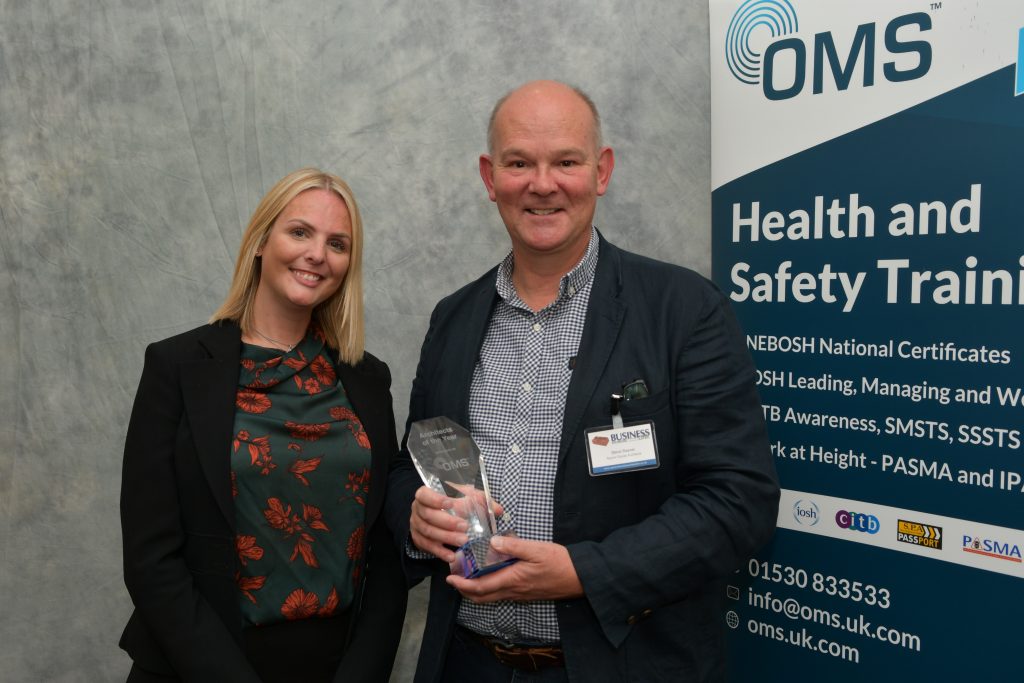
Architects of the Year – sponsored by OMS
Winner
Rayner Davies Architects
Runners up
Swain Architecture
CPMG Architects

Excellence in Design – sponsored by Cawarden
Winner
St. Peter’s Gate renovation – CPMG Architects
Runners up
Health and Allied Professions Centre at Nottingham Trent University – Pick Everard
Brookside Farm – Chevin Homes

Sustainable Development of the Year – sponsored by Viridis Building Services
Winner
Broad Marsh Bus Station and Car Park – Galliford Try Construction
Runners up
Refurbished HQ for LKAB Minerals – Scenariio
Northern Gateway Enterprise Centre – Chesterfield Borough Council, Whittam Cox Architects, Robert Woodhead Group
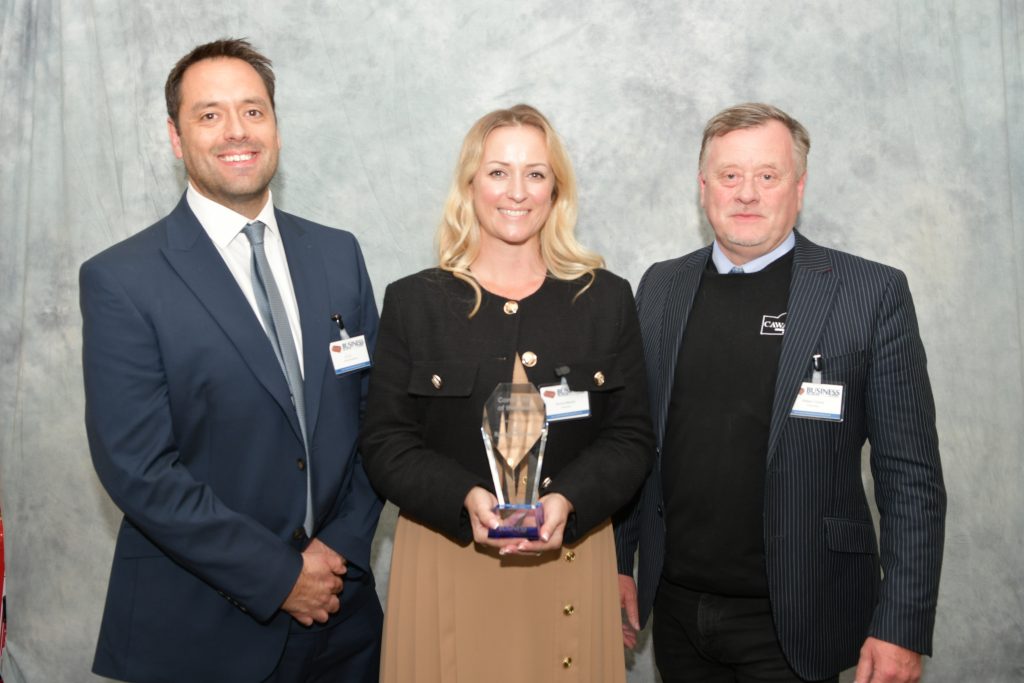
Contractor of the Year – sponsored by RammSanderson
Winner
Cawarden
Runners up
Galliford Try Construction
Enrok Construction

Overall Winner – sponsored by Streets Chartered Accountants
Galliford Try Construction
Thanks to all our sponsors for supporting the East Midlands Bricks Awards 2022. Business Link Magazine looks forward to returning next year for the East Midlands Bricks Awards 2023!











Held at:






